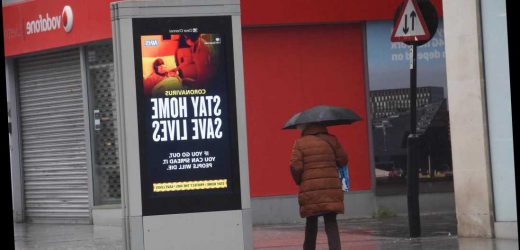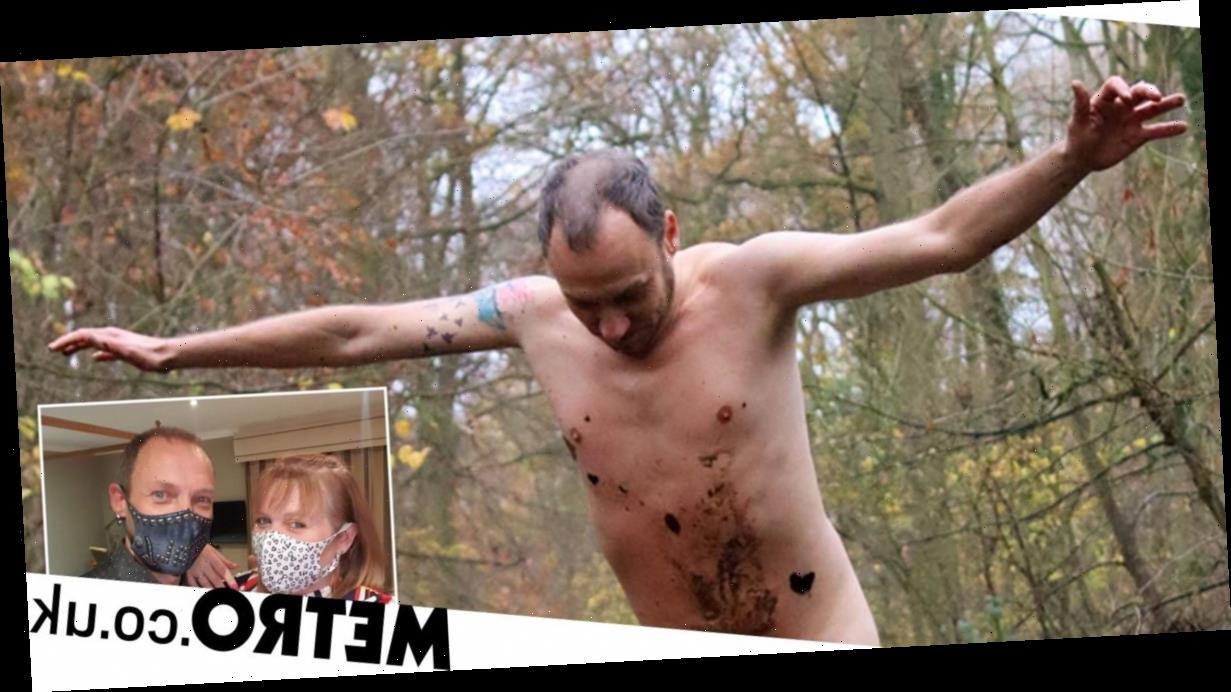RESTRICTIONS put in place to stop the spread of Covid-19 could be around until the Autumn, one expert has warned.
Brits are currently living through a third national lockdown after a new variant of the coronavirus was discovered in the South.
⚠️ Read our coronavirus live blog for the latest news & updates
The current lockdown means all non-essential shops are closed, as well as gyms.
The lockdown is due to finish mid-February and it is thought that Brits will then be moved back into a Tier system where each area will be ranked depending on the level of infections.
Professor Neil Ferguson, also known as Professor Lockdown for his role in implementing the first national lockdown in March last year, has now warned that "we need to be very cautious on how we relax restrictions".
Speaking on BBC Radio 4's Today Programme, Prof Ferguson, who is the director of the centre for infectious global disease analysis at Imperial College London said the UK would need the "highest vaccine coverage possible" for restrictions to be loosened.
Responding to whether restrictions would be in place for months to come, he said the new variant, first discovered in the South in September would make the lifting of restrictions harder.
He said: "We can't predict these things in advance.
"We couldn't have predicted this new variant coming up, but the new variant without doubt will make the relaxation of restrictions more difficult because it is substantially more transmissible so it will be a gradual process until the Autumn".
He added that lifting restrictions would also come down to how many people have been vaccinated.
So far in the UK the Pfizer/BioNTech jab is being rolled out, alongside the Oxford/AstraZeneca jab.
High street pharmacies have started administering the jab today in order to get more Brits immunised.
The government says that over two million Brits have been vaccinated since the start of the plan.
Earlier this week seven vaccination centres were opened to speed up the process.
Prof Ferguson added: "We have to be very careful, bear in mind that probably at a national level only about 20 per cent of the population has been infected so far, probably a bit higher in London and yet we have had effectively 100,000 deaths resulting from 20 per cent of the population being infected.
"We have to get to very high levels of vaccine coverage in those vulnerable groups before we can reduce that risk of having the same number of deaths again."
Prof Ferguson highlighted that if we only get 70 per cent of vaccine coverage in the elderly, then that still leaves 30 per cent unprotected, plus the rest of the population.
He added: "We could get a very large epidemic which unfortunately could kill many people.
"What the modelling and all the analysis feeding in from all the different groups to Sage says is that we need to be very cautious on how we relax restrictions and try to ensure we get the highest vaccine coverage as possible."
Yesterday it was revealed that 36,489 patients are in hospital with Covid and that an additional 1,564 lost their lives.
Prof Ferguson said while it's too early to say when cases will start to come down, he says there has been a levelling off in some areas.
He said: "In some NHS regions in England and in Wales, there is a sign of plateauing, for instance London those case numbers are coming down.
"At the moment it looks like in London in particular and a couple of other regions, South East and the East of England, hospital admissions may have plateaued, though it’s hard to tell if they are coming down.
"This isn’t being seen everywhere, both case numbers and hospital admissions are going up in other areas."
Prof Ferguson said that at a national level the rate of growth is slowing and that he expects case numbers to come down.
He added: "It will take longer though for daily hospital admissions to come down and even longer for the people in hospital to go down."
He said that this would depend on whether or not the lockdown we are in at the moment is effective.
"I would hope that hospital admissions would plateau in the next week.
"But hospital bed occupancy may continue to rise slowly for up to two weeks and deaths maybe even for longer and unfortunately as we have seen this week, we are going to be well over a 1,000 deaths a day."
Source: Read Full Article






